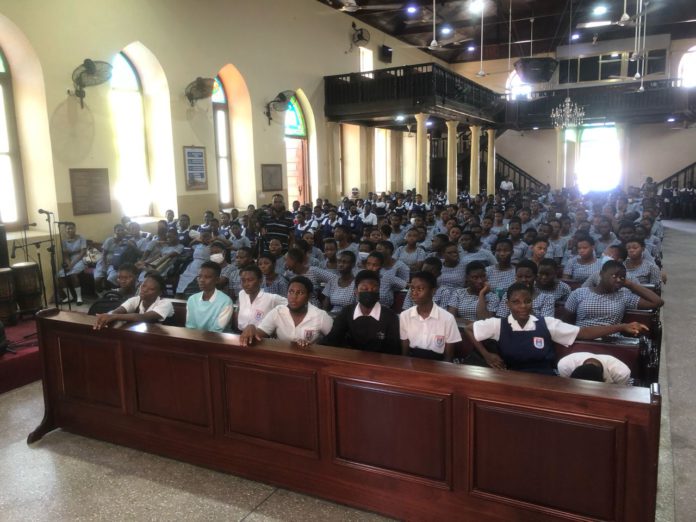White House Says “No Final Decisions” Have Been Made on Movie Tariffs, Still “Exploring All Options”

Although the entertainment business is still grappling with President Donald Trump’s post suggesting that a tariff on foreign-made films is in the works, the White House said in a clarifying statement Monday that “no final decisions on foreign film tariffs have been made.”
“Although no final decisions on foreign film tariffs have been made, the Administration is exploring all options to deliver on President Trump’s directive to safeguard our country’s national and economic security while Making Hollywood Great Again,” White House spokesman Kush Desai tells The Hollywood Reporter.
The comment suggests that any further clarity on the tariffs, what form they would take, how they would be implemented, etc. will likely take some time to be revealed. It also suggests that the White House may be exploring what legal avenues it has to pursue them, given the complexities and uncertainties on implementing a tariff on what amounts to a service rather than a physical good.
Trump announced the tariff on Sunday night, writing that “The Movie Industry in America is DYING a very fast death,” and that a 100% tariff could help solve that problem, ordering the Commerce Department and U.S. Trade Representative to begin exploring options.
The news instantly reverberated across the industry, with executives, filmmakers and other stakeholders wondering what it meant for their businesses, and how they would work. The announcement instatly created more questions than it did answers, with uncertainty around whether it would apply to TV shows, streaming films, co-productions, or films with some production done in the U.S. and other pieces done abroad.
Trump has named three “special ambassadors” to Hollywood in actors and filmmakers Jon Voight, Sylvester Stallone and Mel Gibson, and Voight had developed a plan to try and bring more production to the U.S., though it is unclear if tariffs were part of that plan.
Gibson, meanwhile, is set to begin production on his followup to The Passion of the Christ later this summer in Italy, a film that could be subject to a tariff, should they come to fruition.
The White House has been concerned that film and TV productions have increasingly shot overseas to take advantage of a lower-paid workforce as well as extensive local tax credits. While many U.S. states have also offered tax credits, some of the overseas options have become too appealing for U.S. studios to ignore.




